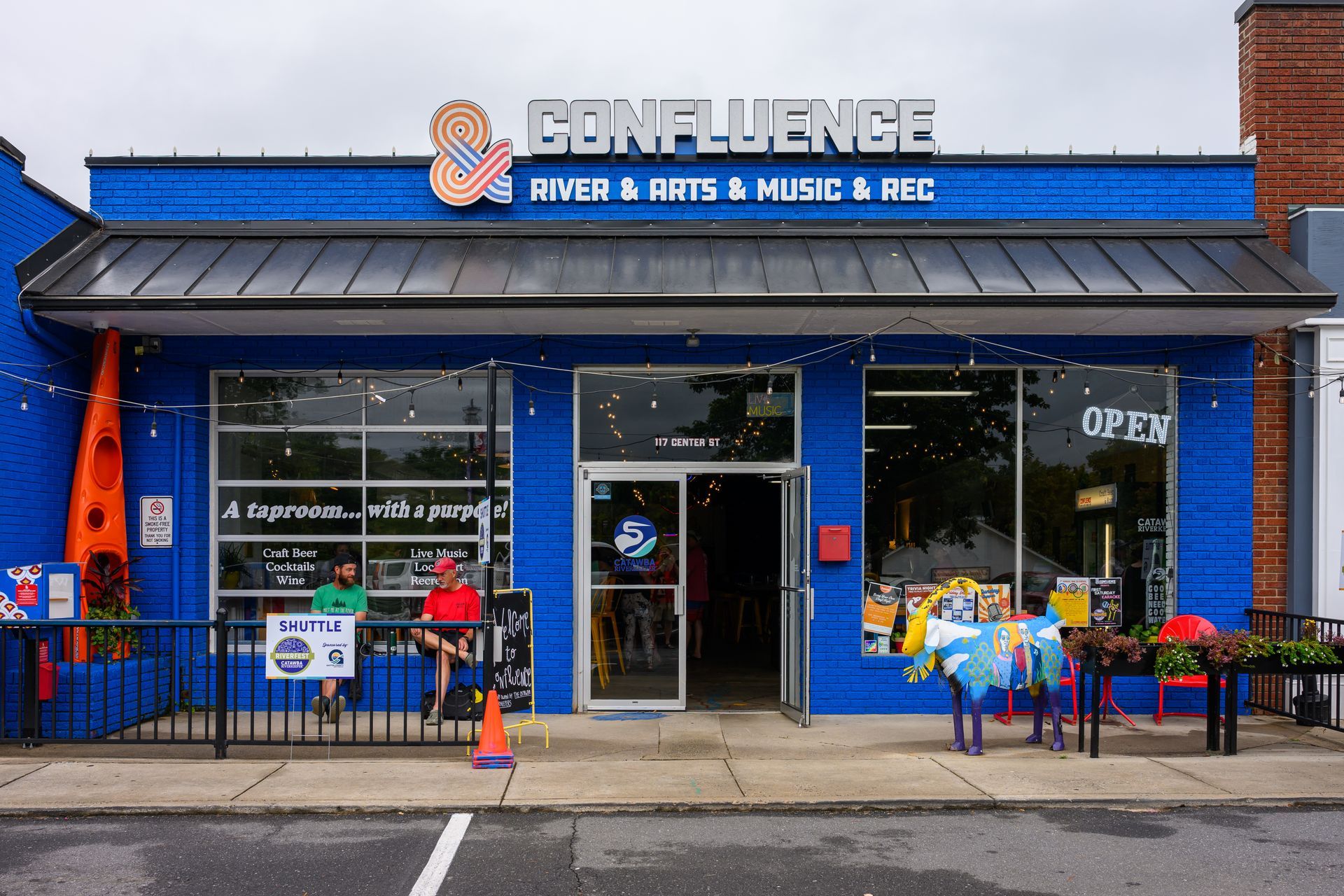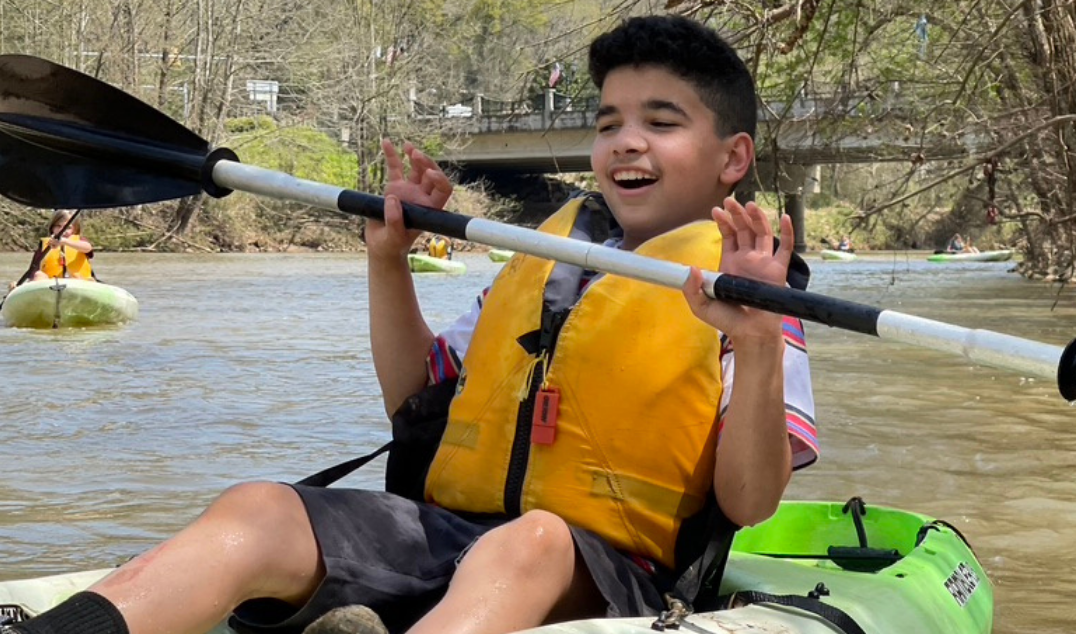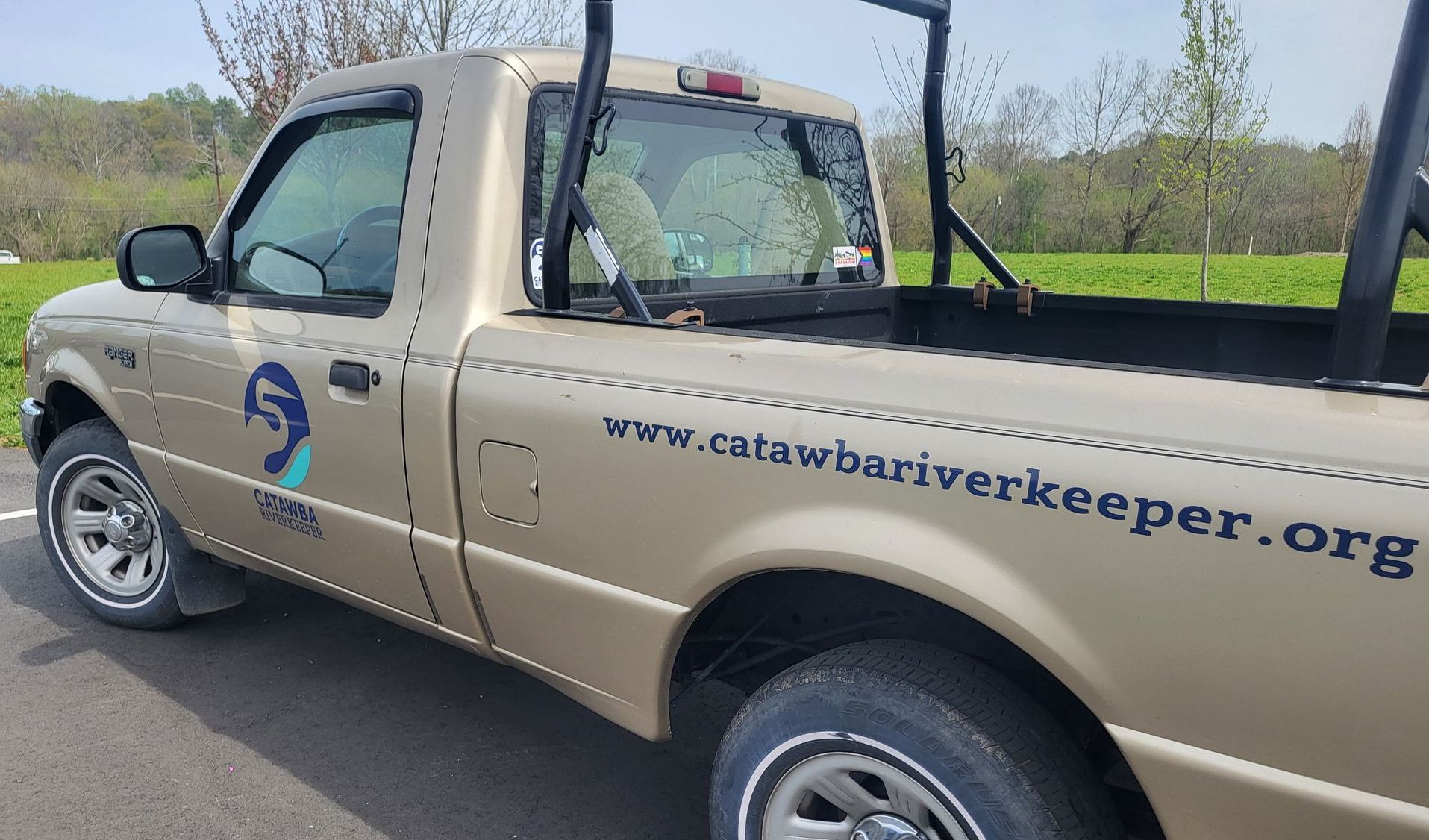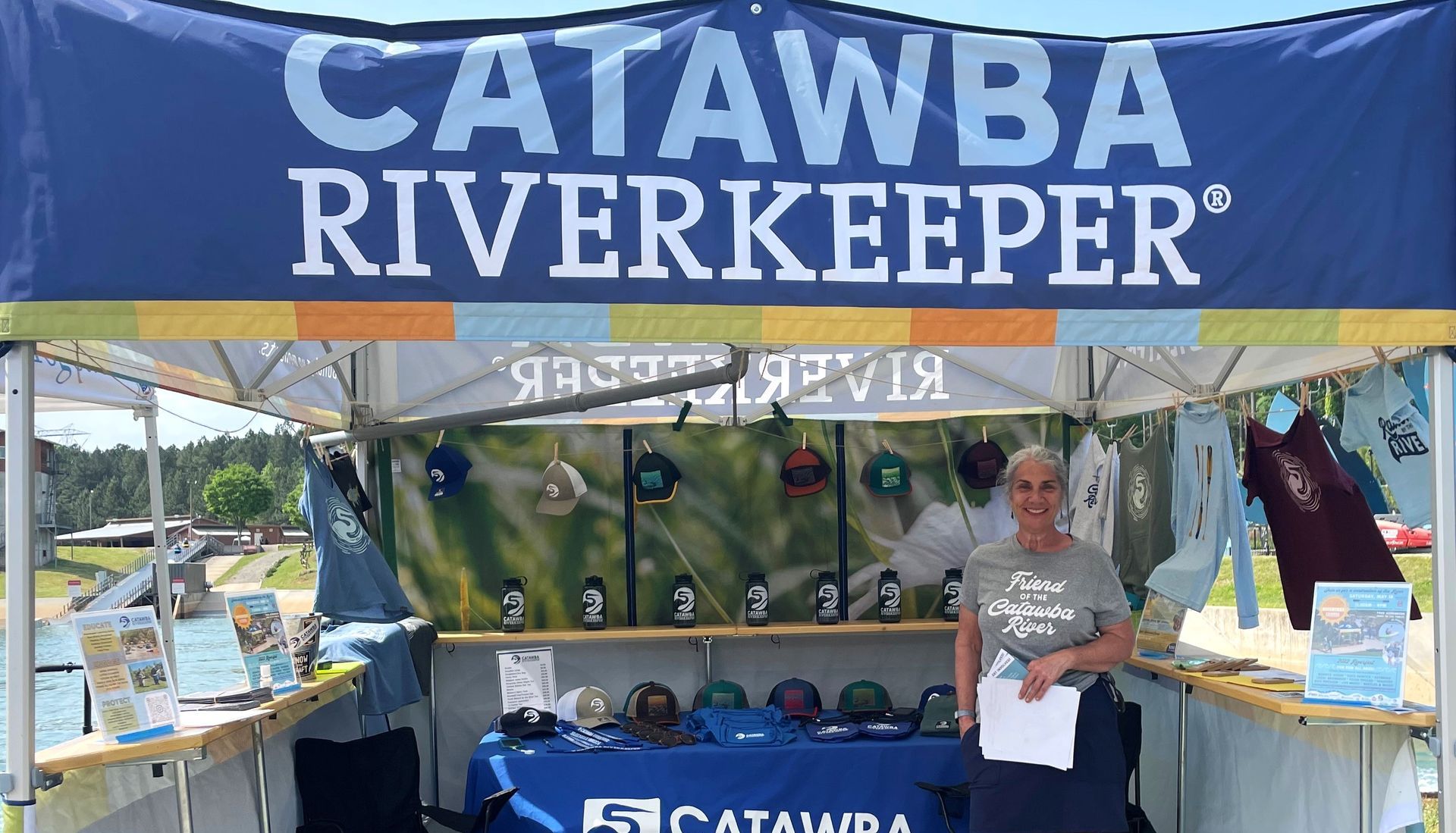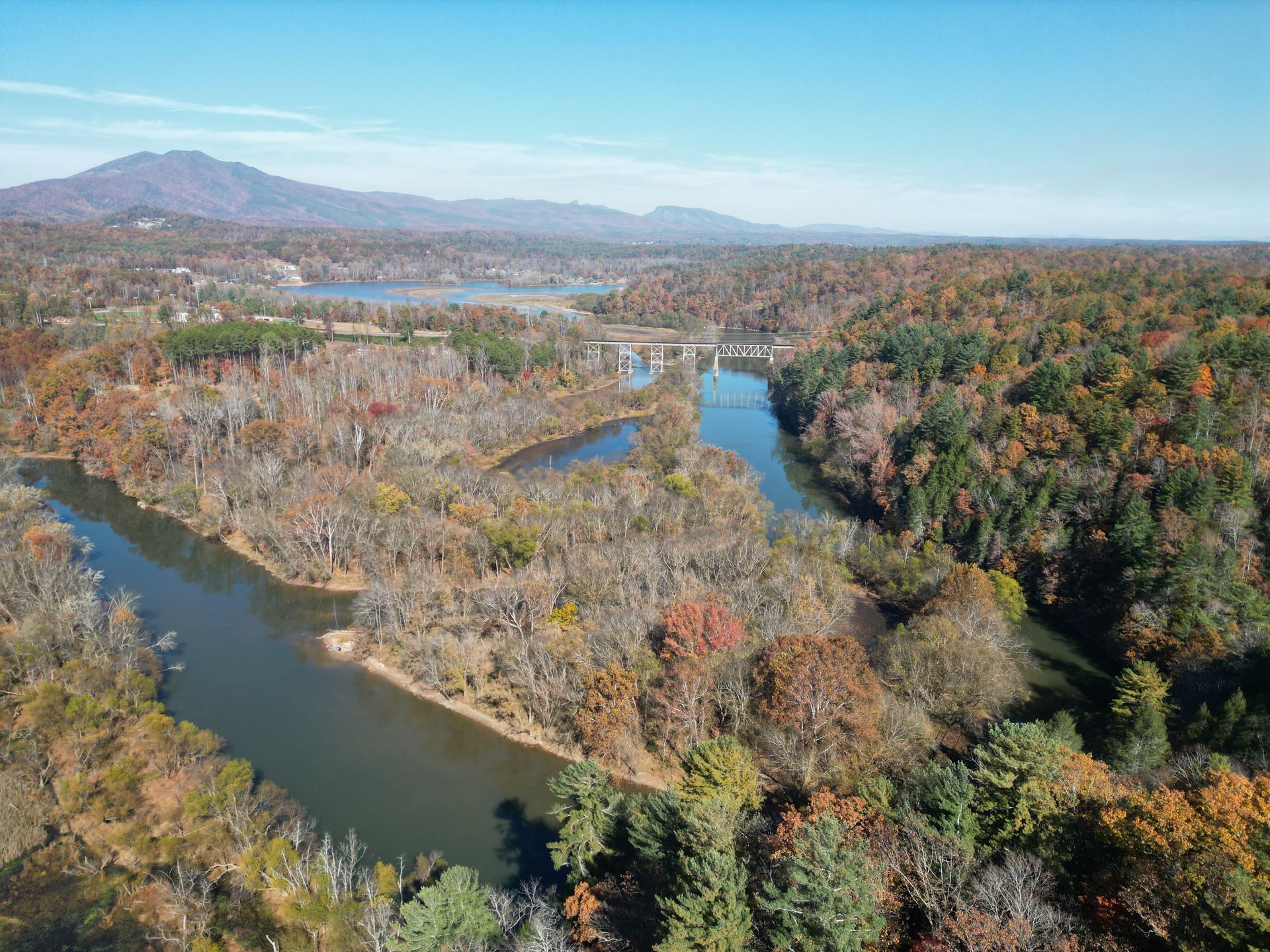Celebrate Earth Month With Us!
Happy Earth Month! While every month is Earth Month here at Catawba Riverkeeper, we’re excited about the extra attention and enthusiasm for protecting our local environment that comes every April! Throughout this month, we're amplifying our efforts to spread awareness and provide a variety of options for you to get out and learn from, engage in, or advocate for the preservation, protection, and restoration of our shared waterways. Because of that, our calendar is jam-packed with public and private cleanups, guided tours, education programing, outreach events, and fun activities at Confluence & The River Room all month long. Just take a look at some of the events we have going on!
In honor of Earth Month, we hope that you engage with us in some of these events by volunteering your time to clean up our water, learning more about issues affecting our water, and sharing our work and mission with other people as ambassadors.
If you'd like to make an Earth Month contribution to Catawba Riverkeeper, you can give to our Spring Education Appeal, help us purchase a new Catawba Riverkeeper vehicle, or attend our Ambassador Training and represent us at events throughout the year. Our work is not possible without the support of people like you.
We are only a drop in the bucket of worldwide water conservation efforts, but with the support of people like you, we can make mighty waves of change!
Thank you in advance for your support, and happy Earth Month!
April Events
1. April 3 – UNC Charlotte Earth Day Festival
2. April 3 – Ambassador Training
3. April 10 – Private Girl Scout Program
4. April 11 – Earth Share Annual Earth Day Program
5. April 11 – Private Land Cleanup
6. April 12 – UNCC Education Career Fair
7. April 13 – Land Cleanup: Catawba River - Charlotte
8. April 13 – Lake James Watershed Fundraiser
9. April 13 – Private Cleanup
10. April 13 – Gaston Community Run
11. April 13 – HAWK Earth Day
12. April 13 – Earth Jam
13. April 18 – Leadership Charlotte Sustainability Day
14. April 19-21 –Tuck Fest
15. April 20 – Charlotte Earth Day
16. April 21 – Scout Troop Cleanup & Program
17. April 23 – Full Moon Paddle: Pink Moon
18. April 25 – Outdoor Classroom Site Visit w/ Arras Foundation
19. April 26 – Private Cleanup
20. April 26 – Private Cleanup
21. April 26-28 – Southfork Sampler
22. April 27 – Private Cleanup
23. April 27 – Eco Tour: Muddy Waters
